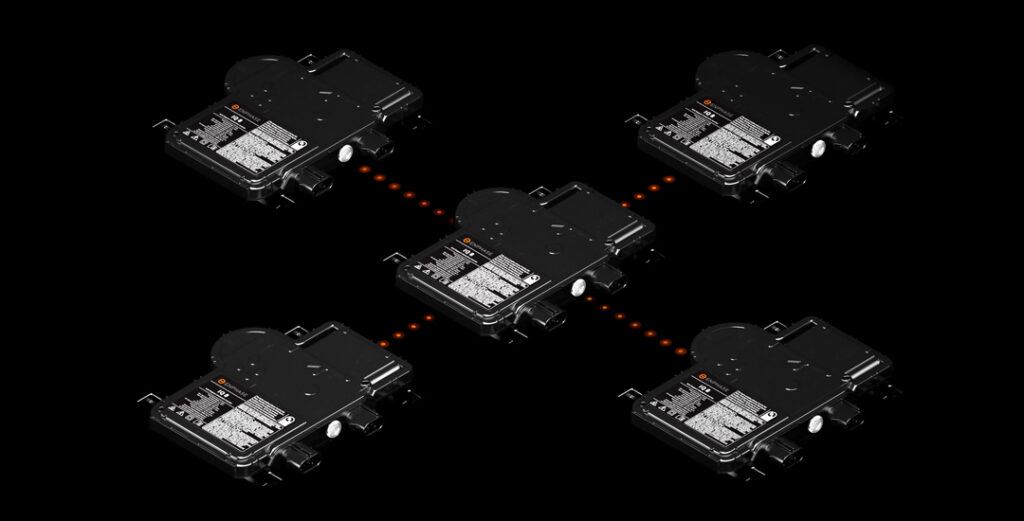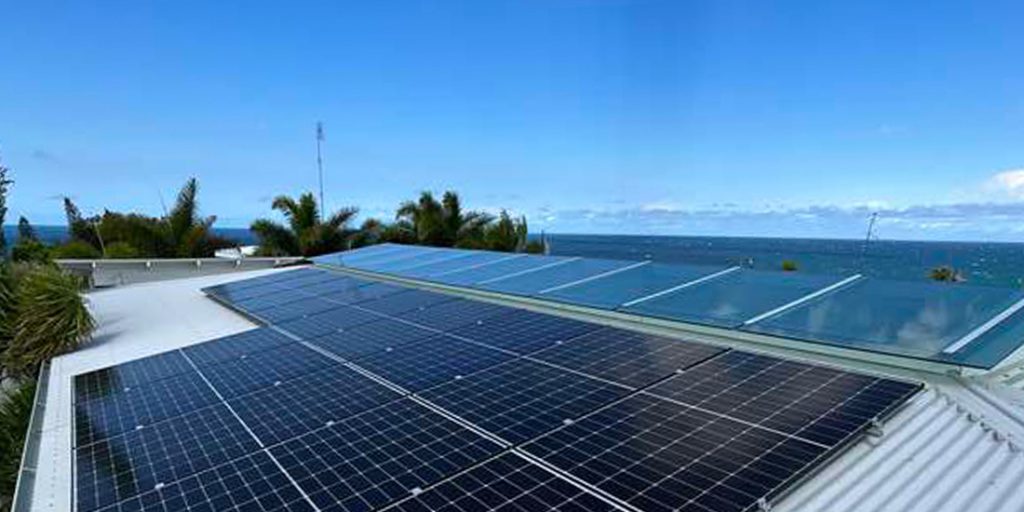
HOME BATTERY SUBSIDY
Interested in learning more about the home battery subsidy? We’re ready to support homes in our area of operations. Learn more about the subsidy here.
A key criteria of any solar installation should always be performance. Getting the most out of the way energy is collected and used is critical to reducing costs and attaining better outcomes. If you’re interesting in a high performing solar solution in the Noosa area, contact our team for a free consultation and quote today.
Solar Components
Our focus on safety leads us to working with high-quality components for our installations. By using high-quality components backed with warranties up to 25 years, we can confidently install solar solutions that are designed to provide excellent performance and reliability now and into the future.
Installation Suitability
Solar installations must be suitable for the specific premises. As part of our quotation process, we evaluate your premises and energy requirements to design a solar solution to take your home or business into the future.
Installation Approach
Our solar team are licensed, qualified and experienced – we’ll make sure your solar installation is approached in a professional manner. As with all aspects of our work, we will ensure your installation is compliant with industry practises. Achieving performance for you solar system begins with quality components, a suitable solution, and a proper installation process.

Integration & Optimisation
In addition to the installation of a solar system, its imperative to integrate the system into your home and optimise the way you use your solar power. This aspect of the work is important to us because it is often overlooked – undertaking specific household tasks at certain times, or taking full advantage of home energy software and information are all available as part of our service.
Learn More About Solar Solutions
If you’re interested in learning more about solar solutions or getting a quote, please contact our team. We service Noosa and surrounding suburbs.
